Five months ago, designer brands complained that Alibaba wasn’t doing enough to rid its site of counterfeiters. Now, the e-commerce megasite claims that it’s being victimized by fakes — not bogus products, but allegedly false complaints about vendors selling counterfeit products. [More]
taobao
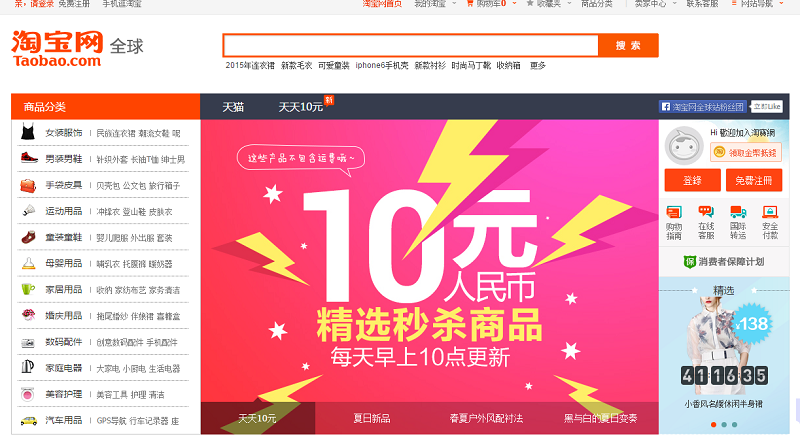
Alibaba’s Taobao.com Back On U.S. Government’s Counterfeiting Naughty List
Four years ago, e-commerce giant Alibaba managed to get one of its sites, Taobao, removed from the United States Trade Representative’s list of “notorious markets” around the world that are known for counterfeit or pirated products. Just as Alibaba is trying to be accepted as a respectable global brand, the USTR has put the site back on the list. [More]
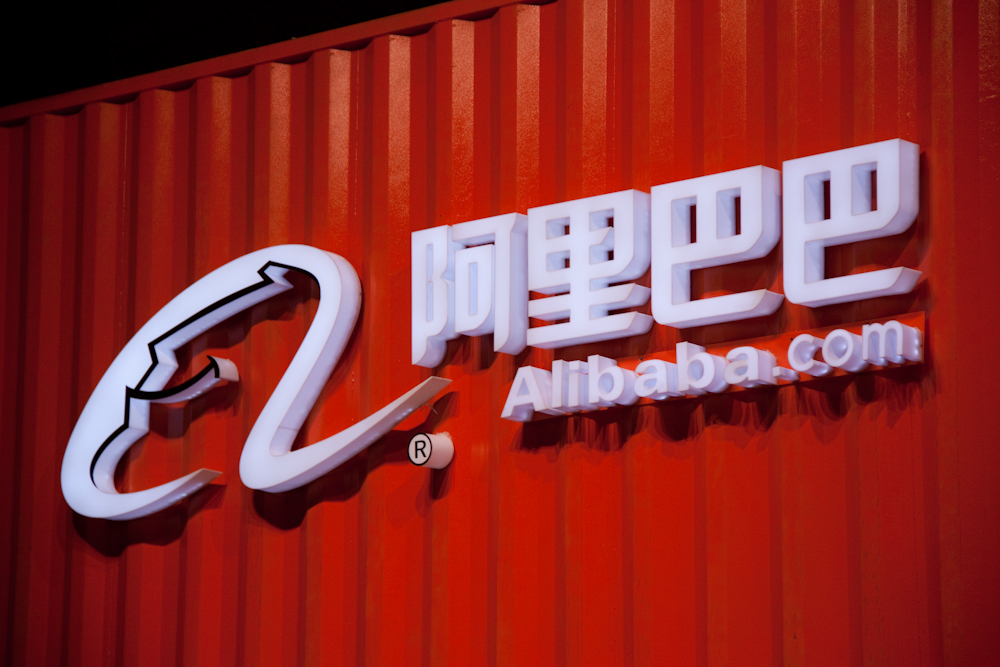
Designer Brands Complain That Alibaba Isn’t Doing Enough To Ditch Counterfeits
Are Alibaba’s e-commerce platforms a wretched hive of fakes and counterfeits, or has the company really made progress in eradicating counterfeiters from its sites? As the U.S. Trade Representative makes a list of which places on the internet tend to sell fakes, that’s an important question: is Alibaba really doing all that it can to root out knockoffs? [More]
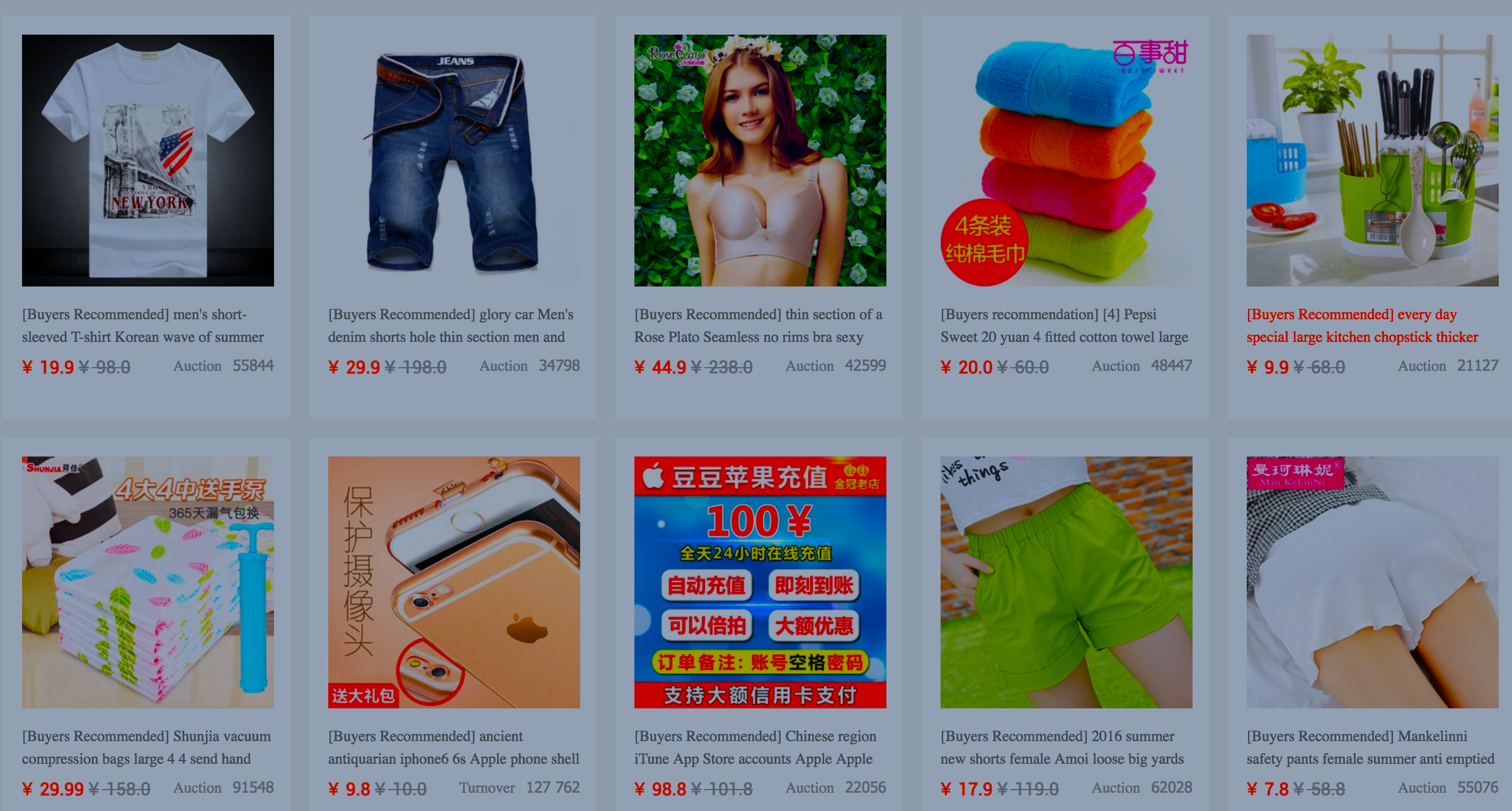
Alibaba Founder Says Chinese Knockoffs Now Better Than The Brands They Impersonate
Chinese online retail giant Alibaba Group seems to want to have it both ways with low-cost knockoff products — simultaneously offering a popular portal for sellers of these lookalike items to reach the world and claiming to be actively cracking down on the sale of these same products. The company’s founder now says one the reasons it can’t just shut off this pipeline of too-similar brand-name apparel and tech products is that these China-made items are now just as good or better than the more expensive products they imitate. [More]
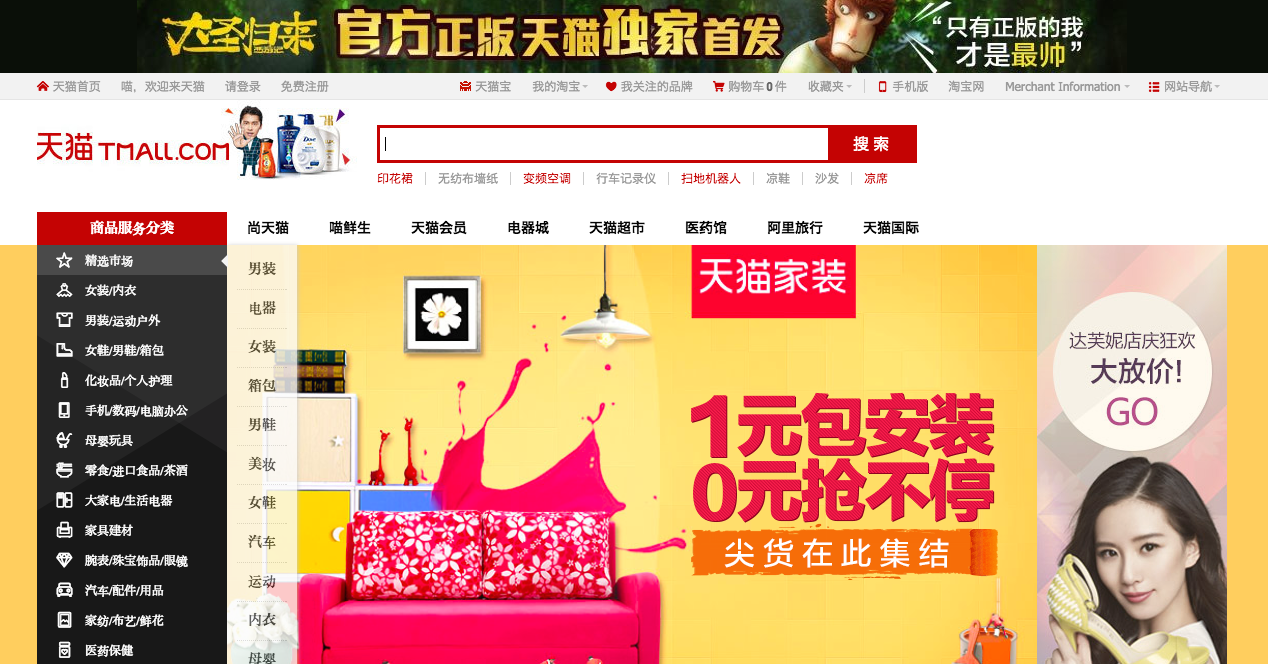
Taylor Swift Fighting Counterfeit Products By Partnering With Chinese Companies To Sell $60 Branded T-Shirts
One of the most common reasons someone might be tempted to purchase counterfeit product is price — fakes are likely to be much cheaper than the real thing, hence the appeal. So the choice by popular musician Taylor Swift to fight back against counterfeits by selling $60 T-shirts is well, a bit of a head scratcher. [More]

Alibaba Will Expedite Counterfeit Takedowns For Some Name Brands
In the months since Chinese e-commerce behemoth Alibaba began trading shares in its Cayman Islands-based holding corporation on the New York Stock Exchange, entities ranging from the Chinese government to the owner of Gucci have accused the company of knowingly profiting from counterfeit branded goods. Alibaba has promised to improve its capacity to ferret out fakes, and now says that it will take down some brands’ items more quickly. [More]
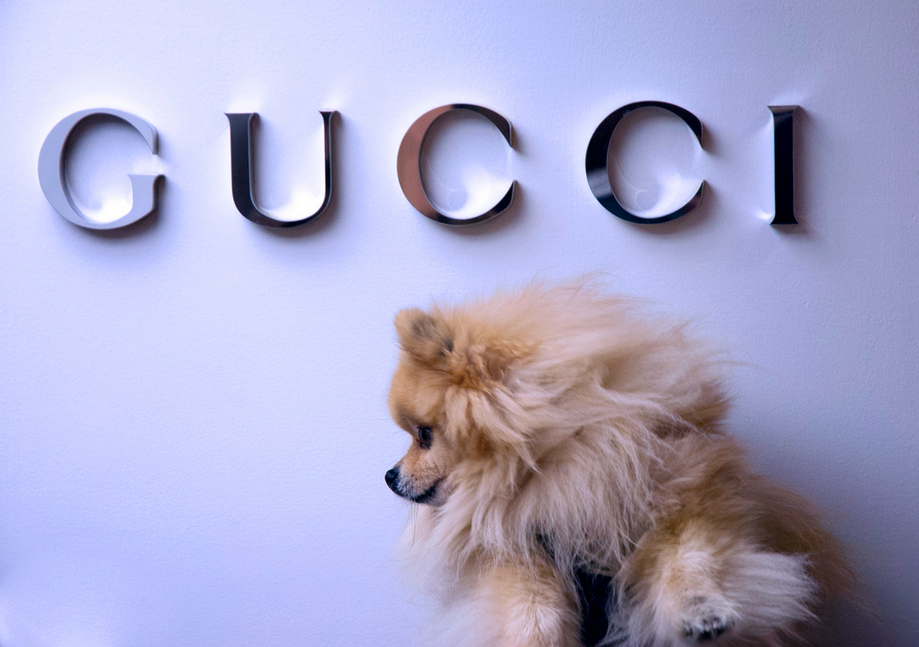
Company Behind Gucci, Other Luxury Brands Suing Alibaba Over Claims Of Counterfeit Goods
Fighting the rising tide of counterfeit goods is a constant battle for luxury brands, and a big priority if they want to stay in business. That’s why a French company behind luxury brands like Gucci, Balenciaga, Bottega Veneta and sportswear names like Puma is suing Chinese online marketplace Alibaba, claiming it’s making it easy for customers to buy counterfeit goods in bulk through its websites. [More]
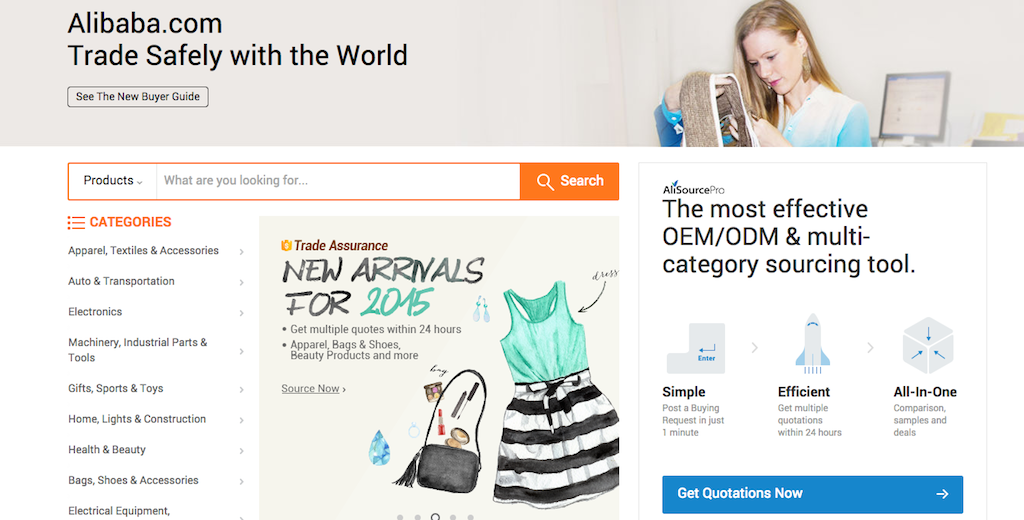
Alibaba Vows To Step Up Efforts To Prevent Online Sales Of Counterfeit Goods
It’s been a whirlwind week for the relationship between e-commerce giant Alibaba and the Chinese government. After one agency released a report criticizing the company for allowing fake goods to be sold online through its vendors, and another government group promised to crack down on such practices in general, Alibaba is now pledging to shape up its business practices. [More]
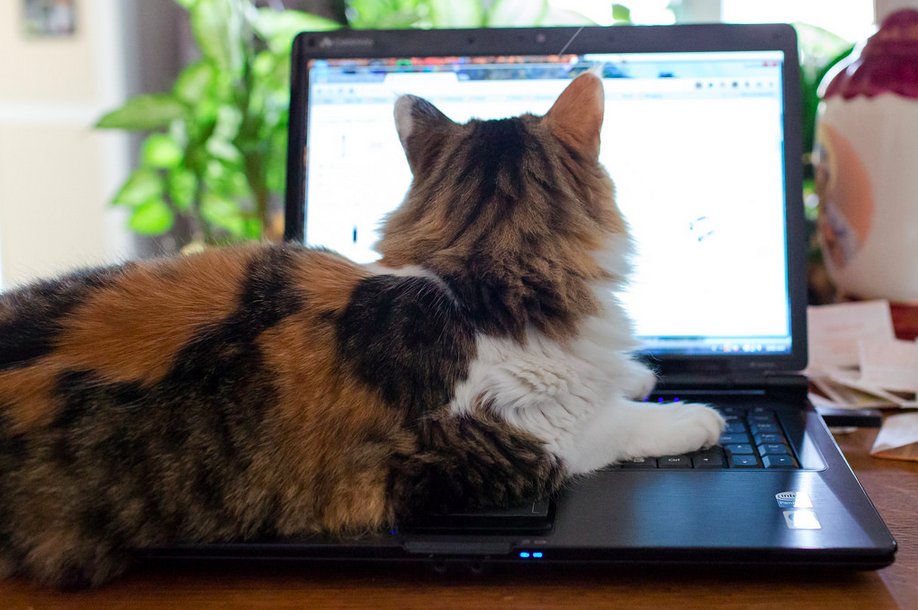
China’s Ministry Of Commerce Pledges To Crack Down On Counterfeit Items Sold Online
After another Chinese government agency scolded e-commerce giant Alibaba and its eBayesque subsidiary Taobao over its mismanagement of its business and for selling or allowing bogus goods to be sold to the public, the country’s Ministry of Commerce has pledged to crack the whip on the online industry and try harder to prevent the sale of counterfeit goods. [More]
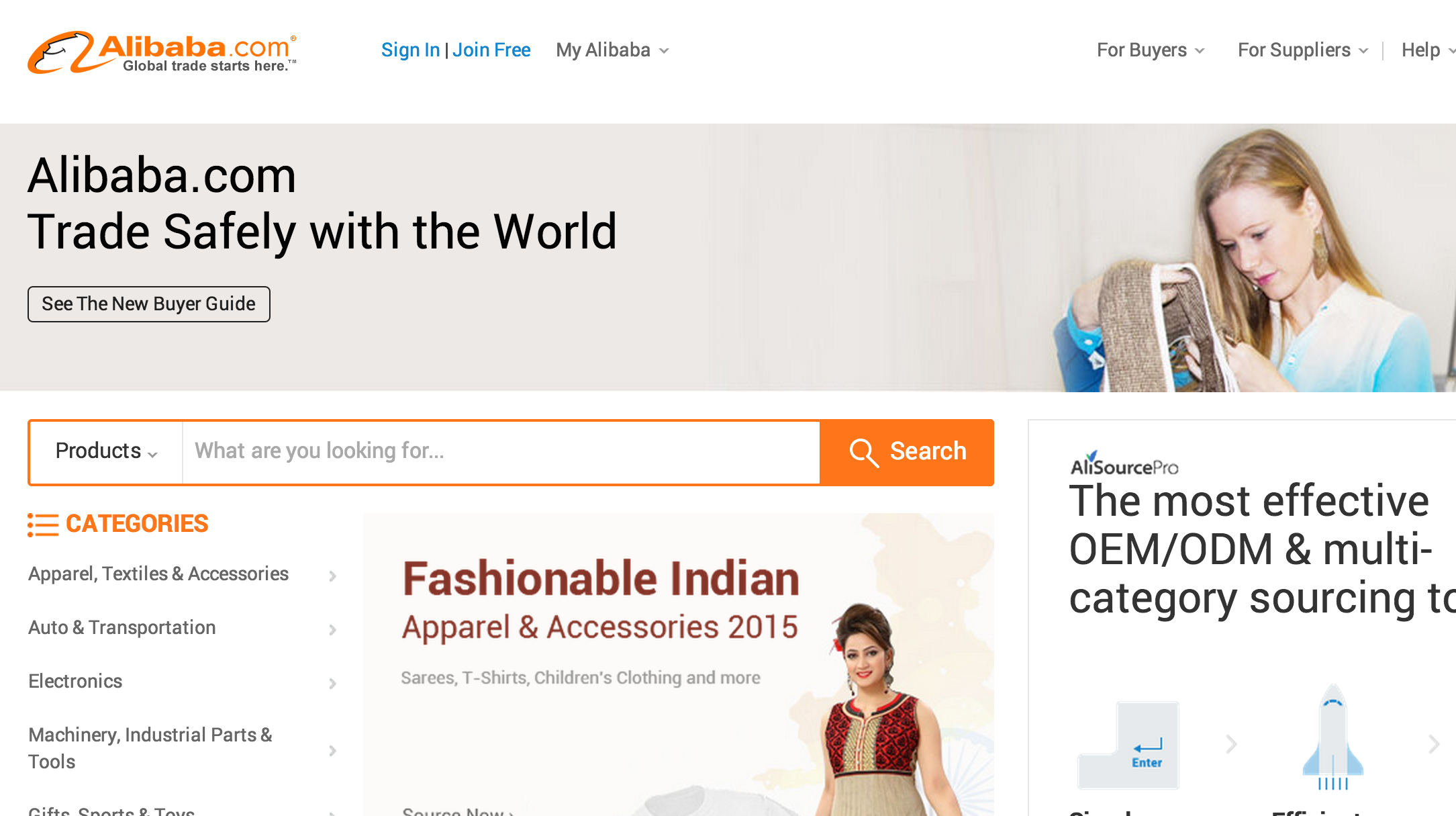
Chinese Government Accuses Alibaba Of Selling Fake Goods, Taking Bribes
China-based e-commerce megasite Alibaba is catching heat in its home country following a government report that scolds the company for lax controls over the sale of bogus goods to consumers, along with allegations of bribery and using its size to bully merchants from working with Alibaba’s competitors. [More]
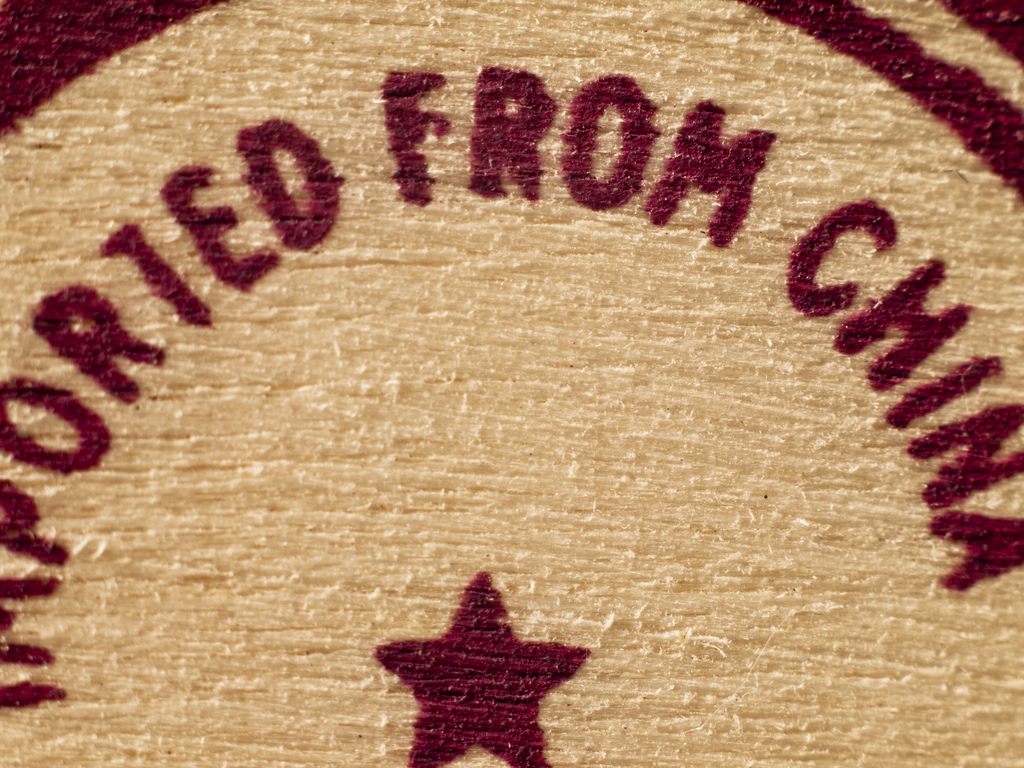
Alibaba Promises To Help CPSC Keep Banned Merchandise Out Of The United States
Chinese e-commerce company Alibaba is the world’s largest online marketplace, and its wide reach has a downside for consumer safety. Retailers and consumers alike use the site to source parts and products directly from factories abroad. The lack of intermediaries makes it very easy to order products that have been banned in the United States for safety reasons, and that’s why the Consumer Product Safety Commission has teamed up with the site. [More]

